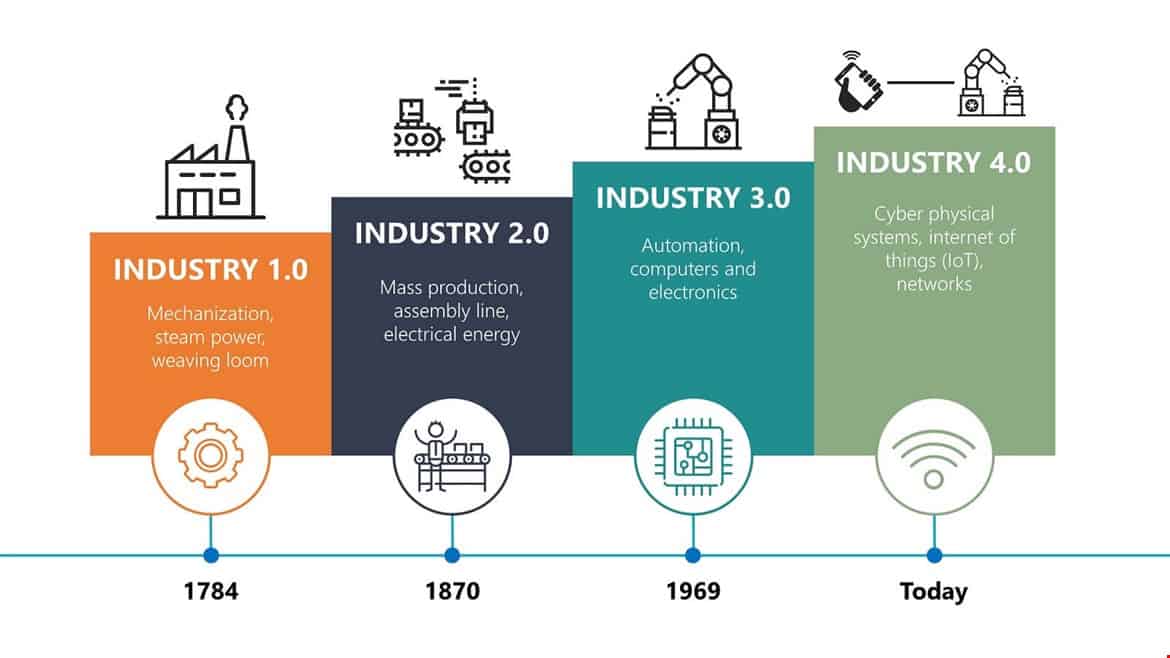CRM systems have become essential for businesses looking to improve customer relationships and simplify operations. Generic CRM options may not fully meet business demands. Thus, CRM developers play a vital role by creating functions that align with specific organizational needs. If you plan to hire CRM developers, this guide outlines what they do.
Understanding CRM Development
Creating a custom CRM involves developing functionalities that expand upon the capabilities of CRM systems. Developers examine business processes and pinpoint areas where current systems lack effectiveness, crafting solutions that match objectives. These personalized functions give companies an advantage in the market, boosting efficiency and client happiness.

The Importance of Customization
Tailoring CRM systems to fit a company’s requirements is crucial for ensuring performance and addressing specific challenges within the industry they operate in; this personalized approach not only enhances operational efficiency but also fosters better customer engagement and contributes to sustained business growth.
Key Responsibilities of CRM Developers
CRM developers are skilled in coding and system integration as well as designing user experiences. They are tasked with duties such as the following.
- Developers work closely with stakeholders to grasp the business needs during requirements analysis sessions. This includes pinpointing challenges faced by users and defining project goals.
- After outlining the requirements, the developers proceed to craft tailored functionalities using programming languages and tools that align with the CRM systems in place. Their main goal is to create user interfaces that elevate the user experience.
Seamless Incorporation into Systems is Vital
Developers guarantee that tailor-made functions blend smoothly with procedures and external software applications. Testing and quality control are vital to pinpointing and fixing bugs in the system. Developers carry out testing procedures to guarantee the reliability and effectiveness of the unique features implemented.
Once the custom features have been thoroughly tested and approved for use in the CRM system by developers, concerned individuals will be responsible for deploying these features and offering maintenance and support to resolve any arising issues to keep the CRM system operating smoothly and effectively.
Benefits of Custom CRM Features
Businesses can reap advantages from using custom CRM features as they empower organizations to:
- To boost effectiveness and productivity, effectively streamline operations with customized functions that minimize workloads.
- Tailored solutions offer a personalized experience to customers, resulting in satisfaction levels and increased loyalty.
- To gain an edge, companies can lead in markets by providing distinct CRM solutions that set them apart from others.
- Custom features in CRM systems enable businesses to scale up by meeting changing requirements and broadening their operations.
Challenges in Custom CRM Development
While there are benefits to creating personalized CRM functionalities on a level, there are obstacles to overcome, such as
- Creating custom software can be quite intricate since it demands abilities and knowledge in CRM systems and the related business sector.
- Creating functionalities can be a time-consuming and resource-intensive process for companies that require consideration of the trade-offs between advantages and expenses.
- Integration problems can be challenging when trying to make new systems work smoothly alongside software or different applications.
- When implementing features, it is important to provide training and support for users so that they can adapt to the changes smoothly and make the most of the benefits they offer.
Future Trends in CRM Development
CRM development is always changing with the progress of technological innovations in the field. Upcoming trends involve incorporating artificial intelligence (AI) and machine learning (ML) to improve analysis and streamline repetitive tasks. Moreover, cloud-based CRM systems are increasingly popular, providing flexibility and scalability for companies of all sizes.
Conclusion
CRM developers play a role in helping businesses achieve their objectives by designing personalized CRM functionalities that enhance efficiency and customer engagement to stay ahead in the market race despite facing obstacles in the process of creating customized CRM features that offer substantial benefits, making them a valuable asset, for progressive companies looking to invest wisely in technology that will continue to evolve and redefine customer relationship management practices in the future.






